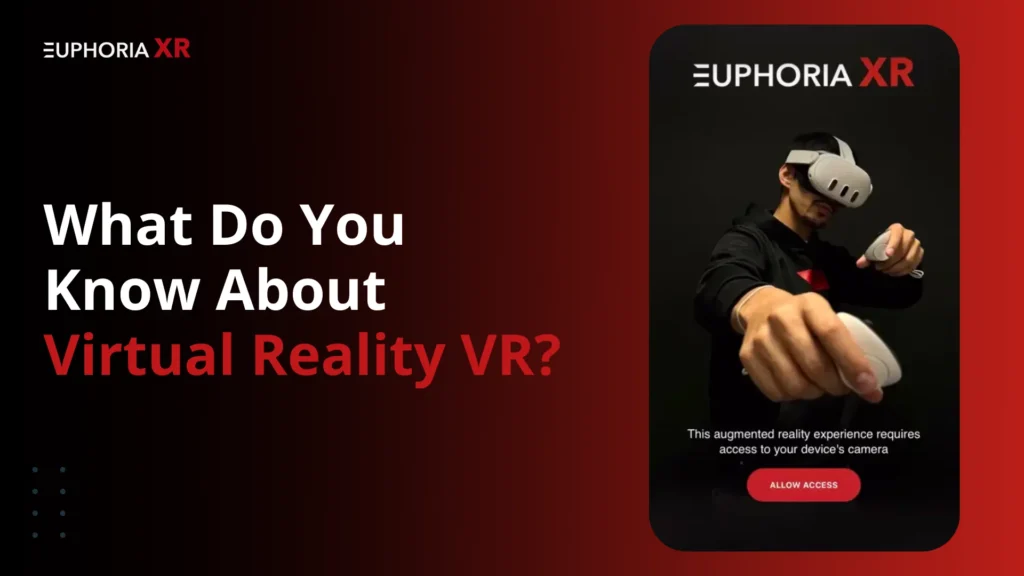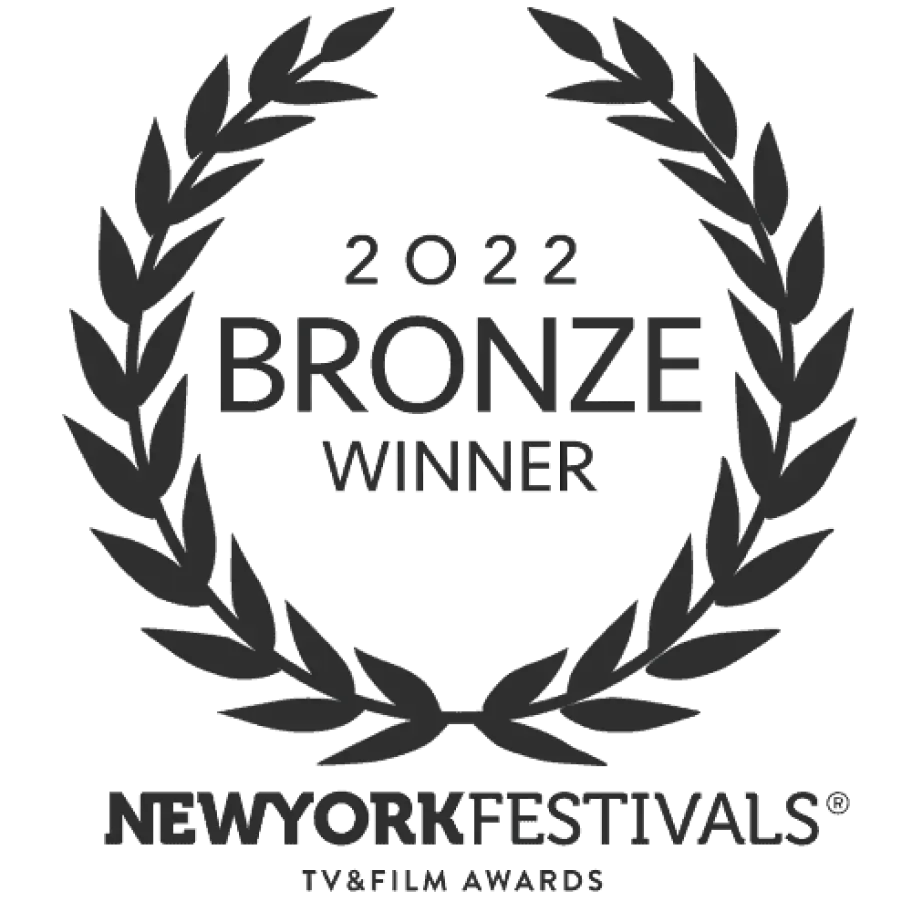Struggling to get an idea of what business to begin in 2025?
It is not the only question that you are asking.
Digital trends, including AI and automation, are changing the world faster than anyone can imagine. Thus, it is only natural to feel overwhelmed by the options at a given moment and wonder which of them offers the prospect of authentic growth. What are the majority of the trends in business now? Gone tomorrow.
But here is a difference:
Blockchain is a world changer and not a trend.
Whether through the displacement of traditional banks, the transformation of healthcare records, the reinvention of digital ownership in the form of NFTs, or via the future of the logistics business, blockchain technologies are the silent revolution in redefining trust, transparency, and the establishment of value.
And what is the best part?
You do not have to be a tech genius to get into the loop. All you have to do is get a good blockchain business idea, one that has a basis of application in the real world, and going forward, as well as long-term growth.
That is why, in case you are willing to quit hunting the shiny objects and start making something real and scalable, this is your ultimate guide to the best blockchain business ideas in 2025.
Ok, then, let us get down to it.
What is Blockchain Technology?
Definition and Fundamentals
Blockchain is a digital ledger that is secure and used to store transactions in a network of computers; this digital ledger requires no central authority. Each time an action takes place (such as the transmission of crypto, the alteration of data, or the creation of an NFT), it is recorded in a “block.” These blocks are then connected sequentially to one another, chain-like.
This is the reason why they call it blockchain.
The strength in this is that it becomes immutable after a record is inserted, and nobody on the network can delete or modify a record without satisfying the same. This is why blockchain can perfectly be applied to those businesses, in which trust and transparency are important, as well as security.
Imagine a common notepad all people have access to: it is visible to all, and no one can note the pages or come to delete them, or alter them in any way.
Key 2025 Blockchain Statistics
The worldwide blockchain business sector is expected to reach 94 billion dollars in 2025. Globenewswire
More than 81 percent of the most vibrant firms in the world are experimenting with or actively using blockchain.
The banking system will be able to save about 27 billion dollars annually with the use of blockchain technology. Juniper Research
The blockchain is projected to contribute 1.76 trillion to the global GDP by 2030. (PwC)
These figures indicate that blockchain is expanding in the tech world to mainstream business use.
Core Concepts:
To learn about blockchain, four major pillars are to be understood. It is these characteristics that distinguish blockchain and typical databases or systems.
Decentralization
In classic systems, some central entity (such as a bank or a corporation) manages the data.
In the case of blockchain, no one owner exists. Rather, data is shared among a large number of computers (so-called nodes). It implies the absence of a single point of failure, centralized control, and reduced opportunity for fraud or censorship.
Transparency
The records of the blockchain are accessible to every network member. Information about a transaction placed on the chain can be viewed by everyone, although personal data may be concealed.
That is why it is ideal in the case of:
Keeping the supply chains moving
Verifying donations
Auditing finances
Security
Blockchain entails advanced encryption of data (mathematical codes). Every block contains a unique code that links it with the previous one, referred to as a hash. When one attempts to alter any unit of the chain, the rest will fail (it becomes practically impossible to tamper).
In a nutshell, what is in the blockchain is secure and approved.
Immutability
When a thing has been lodged on the blockchain chain, it cannot be altered or erased. That is what makes it a dependable source of truth, good in contracts, records, or transactions that must be durable and ones in which trust is essential.
Do you want to learn about the blockchain business ideas of 2025? Collaborate with a reliable Blockchain Development Company to bring your idea to reality, making it a scalable solution.
20 Best Blockchain Business Ideas in 2025
NFT Marketplace
Another Python-related innovation has seen enormous popularity over the last year, NFTs (non-fungible tokens), but all the generic marketplaces are congested. A narrowed-down opportunity can be created within a niche marketplace where we could design an NFT marketplace that caters to a certain audience (such as music enthusiasts, fashion designers, or even sports enthusiasts).
The creators can mint, sell, and trade special digital assets on such sites, and you will get an income through transaction fees. NFT Marketplaces have the potential to become ecosystems with good branding and community-building. In 2025, users will seek more plug-and-play platforms and socialized ones.
Crypto Exchange
Digital banks such as Binance or Coinbase have been crypto exchanges for millions of people. However, there is always room left for smaller, controlled, and geographically localized exchanges targeted at local markets. It is possible to create a platform with cheap prices, quicker speed, and educational entrants. This is because, as government regulations change, they will flourish in areas where conventional finance is lagging. The trading fees, listing charges, and premium features provide monetization.
Play-to-Earn Platform
Play-to-earn games pay users in crypto to play the game, and it enables users to earn money using their time and skills. Unlike frequently used games, in-game assets belong to the user, who can sell or trade them. The model has gained popularity mostly in the emerging markets where gaming is massive and the prospects available to young people in terms of employment are limited. All these platforms can expand rapidly because of well-designed tokenomics and mobile-first design. It is like a combination of entertainment and economics: gaming with money.
IDO Launchpad
Launchpad is a form of Initial DEX Offering (IDO) that allows newly developed crypto to fundraise in a decentralized manner. You are able to create a reputable launchpad that will review the projects and assist them in launching their tokens. Such platforms keep a certain percentage of the money collected or a listing fee. With blockchain, startups will require open and safe platforms to collect funds as more of them adopt the technology. Here, trust, transparency, and good marketing support are the major factors for success.
Metaverse Development
The metaverse has gone beyond being a meaningless concept and is now a rising digital economy. You can create virtual worlds in which users will be able to work, shop, play games, or watch events using crypto. Revenue models will vary, ranging from virtual land and NFT-based clothing and ticketed experiences. As Meta, Apple, and others in the field, the small, targeted metaverses will need to be requested. It is an investment, a high-payback domain, but as far as innovation goes, it is entirely open.
Crypto Crowdfunding Platform
Blockchain involves a more open and safe crowdfunding. Create a platform on which startups raise funds in crypto, and contributors are rewarded in tokens or smart contract rewards. It addresses the problem of trust that usually occurs in the classic platforms by ensuring that funds and spending are traceable. You will be able to target a certain vertical, such as health, sustainability, or tech. This concept also breaks down with Web3 Concepts of Decentralization and community ownership.
DeFi Lending & Borrowing
Decentralized finance (DeFi) sides are ones via which people might lend or borrow cash, without banks. It all operates with the help of smart contracts, which automate interest rates and repayments. Borrowers receive permissionless use of capital in short order, and lenders receive passive income. These interfaces form the core of Web3, and they continue to expand. You will require both developers and legal assistance, but the potential is huge, particularly when you complement it with some unique features, such as credit scoring or asset-based lending.
Generation of Crypto Tokens
Tokens can be compared with the digital coins that represent anything, value, membership, access, and governance. The idea is to become a business in which you can assist brands, influencers, or even DAOs to issue their tokens. Such tokens may fuel loyalty programs, events, or even digital economies. With user-friendly no-code builders and templates in ERC-20, you can make the process of creation less complicated and charge clients per launch. The tokenization will only increase because business aims to find new engagement models.
Smart Contract MLM
Blockchain evolves the multi-level marketing to take a transparent form. Smart contracts eliminate human error and payouts, minimizing fraud. An MLM system can be created on such tracks of industry as health or e-learning, or wellness, where each of the members makes gains in the form of tokens through making referrals. The fact that all the transactions are on-chain ensures that users have increased trust in the system. The concept is most in demand in areas where conventional MLMs are thriving, yet credibility is not much.
Crypto Wallet App
The crypto wallet is an essential item that a person going into the world of blockchain needs. Through developing your wallet application, such users will have a secure environment to store and transfer their cryptocurrencies and also exchange them. Support multi-chains, staking, and provide powerful security mechanisms to be unique. There is also an interest in hardware wallet plug-ins and seedless recovery systems. Having a clean UI and a trusted brand, your wallet might be the entry point of Web3 to novices.
Medical Records on Blockchain
The structure of health care is disintegrated across the world, and the patient has little or no control over their data. A medical record blockchain app allows the storage and transfer of the health information of users safely. It is time-stamped and encrypted to eliminate fraud and damage to data. These solutions are already being tested by governments and hospitals. You can join hands with clinics or sell it to patients themselves, particularly in areas where record-keeping systems are not reliable.
Insurance Smart Contracts
In traditional insurance, too much paperwork and numerous delays exist. Claims are automated with smart contracts, meaning that when a specific set of conditions has been reached (such as flight delays or crop damages), payment is immediate. You will be able to develop micro-insurance systems on travel, health, or vehicle insurance packages. They are almost impossible to tamper with, and they allow reducing the costs and enhancing customer experience. It is insurance that has been transformed into the digital era.
Digital Identity
Digital identity is a major thing in a world of data breaches. Blockchain enables users to manage their ID, check credentials, and give them out when required. These IDs can be applied by governments, universities, and businesses to avoid fraud and assurance of compliance. You may create identity wallets to onboard, eKYC, or even a voting system. It is a trustworthy sector with a large demand in the global market in the long run.
Decentralized Video Streaming
Video websites such as YouTube can pocket enormous portions of earnings from creators, and dictate which pieces remain online. A decentralized video platform is based on blockchain and allows the authors to receive income directly from users, and does not have censorship. You make money by charging hosting premiums or a small amount of revenue accumulated by creators. As the adoption of Web3 increases, more equal creator platforms that have nothing to do with large tech are in demand.
Crypto Payment for Vendors
There are a lot of small businesses that are interested in accepting crypto, but they do not know how to perform that activity. You can create a POS system or app that they would easily accept Bitcoin, Ethereum, or stablecoins. When it comes to conversion, compliance, and receipts, your service will take care of them. The domestic solutions, due to high inflation or a poorly developed banking system, are in strong demand. It is really about simplifying crypto so that we all can make use of it.
Hotel Vacancy Management
Hotels have the problem of overbooking or loss of revenues, or manual error in the booking system. Real-time records of each booking and cancellation are written on a blockchain-based solution. It enhances precision, consumer confidence, and sales. You can additionally associate it with the token-based reward systems or collaborate with travel agencies. This would suit boutique hotels and chains in tourism-intensive states.
Bitcoin Vending Machines
Physical crypto ATMs allow one to purchase or sell crypto through cash or debit cards. Easy access points are becoming sought out as crypto adoption increases. You may begin by installing a couple of machines in the shopping malls, airports, or even retail shops and earn through transaction fees. It is also particularly helpful in countries that have significant unbanked demographics or those that are crypto-curious tourists.
Loyalty Reward Exchange
The average human has a balance of loyalty points that are lying idle on several different platforms. The use of a blockchain-based exchange enables one to transfer points between the worlds of brands. This makes points flexible and valuable, and brands enjoy user interactions. It is a win-win model that would disrupt the types of traditional loyalty programs.
Peer-to-Peer Cloud Storage
Storing data has been taken over by the tech giants. By using blockchain, it is possible to rent your unused spare hard drives, creating a decentralized storage network. It is the Airbnb of files. It is cost-effective, more confidential, and tolerant of failure. You can create the platform and make money on the network fee or premium opportunities.
Cross-Border Currency Transfer
Transfer of funds between nations is tedious and cost-ineffective. With the aid of blockchain, one can make immediate, low-cost transfers through stablecoins or crypto rails. You have an option to develop a remittance app that would be aimed at either migrant workers or freelancers. Introduce such functionalities as a conversion of the wallet to the bank and the use of the local language. It is a satisfying answer to a very real problem that is experienced by millions of others around the world.
Wish to get some professional opinion on your blockchain startup? Get practical tips by contacting us.
Blockchain Business Ideas for Beginners
New to the blockchain and willing to start working on it without immersing yourself in code and complicated infrastructure? These are 10 entry-level blockchain business suggestions that do not need any professional programming expertise and can be implemented through strategy rather than any technical prowess.
Blockchain Consulting Services
Assist businesses in understanding what blockchain entails and how to relate to it.
The majority of the companies are eager and confused.
When you know what you are talking about, you can take a premium on clarity.
Provide strategy meetings, roadmap assistance, or even project audits.
Cryptocurrency Education
People are eager to enter crypto but do not know how.
Start a course, YouTube channel, or live class.
Train wallets, exchanges, security, and vocabulary.
This creates authority and a following within a short duration of time.
Identity Verification Solutions
Companies will require more secure methods of checking user IDs.
Establish verification systems that are secure and tamperproof with blockchain.
Sell this to either fintechs, marketplaces, or recruitment platforms.
That will be a headache you are going to solve regarding the compliance.
Certification Programs
You can issue digital certificates (such as diplomas or awards) on a blockchain.
Perfect for online course designers or education ventures.
It cannot be changed in any way once it has been issued and is verifiable.
You may propose a white-label tool to trainers or coaches.
Tokenization Advisory
Tokenization = the conversion of real stuff (such as art, land, or equity) into tradable tokens.
Assist firms in familiarizing themselves with token models and legal arrangements.
Provide templates or compliance walkthroughs, or checklists.
It is the coveted niche of investors and incumbents.
Asset Management Platforms
The investors of the cryptocurrency require the means of monitoring their holdings.
Construct or sell dashboards to monitor wallets, profits, and losses.
Include portfolio allocations or rebalancing.
Easy interface = enormous take-up.
Supply Chain Sustainability
Follow the origin of the products with the help of blockchain.
Ideal when you want to attract an eco-friendly or organic brand.
You provide openness that helps to establish confidence.
Liaise with the suppliers, manufacturers, and logistics companies.
DAO Consulting
Business is going wild with DAOs (Decentralized Autonomous Organizations).
Assist communities in developing governance systems, configure proposals, or invite members.
We can assist artists, activists, and Web3 communities as well.
So you do not have to code: you need to know the structure.
Digital ID for Governments
The future of identity should be digital.
Governments desire to implement tight ID systems for voting, welfare, etc.
You might begin small: pilot projects of local authorities or non-government organizations.
Massive opportunity as long as you put yourself in place.
Content Monetization Platforms
The makers are fed up with losing money to platforms.
Assist them in starting with membership models, NFT unlocking, or tipping.
Create with YouTubers, podcasters, and teachers-with any audience.
You cut a small amount on each creator that joins.
How to Start a Blockchain Business?
You have a brilliant idea for a blockchain business. What’s next?
How to go, step by step, but in 5 steps, on the Way to an Idea into Action, even if you are a non-developer.
Step 1: Market Research
There is always the danger of going to work and building something without establishing a genuine problem to be solved. Study your prospective client groups, current competitors, and communicate with those that have active communities in places such as Reddit, LinkedIn, or Discord. Test your idea by posing questions, conducting demand testing, and identifying pain points.
Step 2: Business Plan
After you have confirmed the idea, develop a lean plan. Identify the problem you are going to solve, the unique solution you will offer, and how you will make money, i.e., your business model, and what tools or collaboration you will require. Pay attention to a Minimum Viable Product (MVP) that will help to present your solution to the real users as quickly as possible.
Step 3: Legal and Compliance
Tokens, crypto, or user data are common in Blockchain Businesses, so legal compliance is a critical aspect of it. Depending on the countries in which you operate, you may have to be registered with financial bodies or observe AML/KYC regulations. Talk to a blockchain-competent legal counsel to make things clean at the very first step.
Step 4: MVP Development
Partner with a developer or utilize no-code tools, such as Bubble, Moralis, or Thirdweb. Create a minimalist design of your concept by putting in only the basic requirements. Try it out with users, get them to provide feedback, and iterate fast.
Step 5: Launch and Iterate
Launch using a beta version. Learn without caring about being perfect. Receive comments, create a community, and iterate on what works and what people love to use. Build an organic following on a Web3-friendly platform such as Mirror, Lens, or Farcaster.
5 DeFi Business Ideas in 2025
One of the most profitable blockchain areas at the moment is DeFi (Decentralized Finance). Take a look at the 5 business models that you can develop around and even without being a conventional finance person.
Lending and Borrowing
Some people want to make passive profits by using their crypto, and others need quick loans that do not require paperwork. The two can be linked using a platform with a smart contract.
The magic of it:
Crypto lenders place savings and earn interest.
The tokens are secure money that is used as collateral by the borrowers.
No credits, no banks.
This model is already working successfully with Aave and Compound, but niche or localized platforms could still have plenty of space to become successful.
Decentralized Exchanges (DEXs)
DEXs enable individuals to trade with wallet-to-wallet and no accounts or third parties involved. It is trustless, speedy, and ideal for privacy-oriented users.
Lay stress on a special angle:
Local currencies
Low-cost trading pairs
Niche tokens (such as gaming or meme coins)
The liquidity provider incentives earn you money in the form of transaction fees.
NFT + DeFi Marketplaces
Adding on to the hype of NFTs is actual monetary use. Develop a platform through which users may stake NFTs, use them as collateral, or earn by storing particular sets.
For example:
Take out a loan against a unique NFT without selling it
Get rewarded with the tokens by staking blue-chip NFTs
Sale of fractional ownerships and liquidity pools
This concept appeals to the owners of NFTs who want something bigger than bragging rights.
Cross-Chain Solutions
Crypto users have assets in many different blockchains, and it is irritating that those blockchains do not interact well. That is addressed by cross-chain bridges.
Your role:
Allow the users to transfer tokens between Ethereum, Polygon, Solana, etc.
Let people exchange stablecoin conversions or wrapped tokens
Micro-charge every transfer
The need in the DeFi world is massive, as there is high demand for smooth and safe cross-chain procedures.
DeFi Analytics
People wish to monitor their crypto performances without spreadsheets. A DeFi analytical tool would display the portfolio of the users, farming returns, risk exposure, and so on, in a single location.
You may suggest:
Monitoring the performance of wallets
Instantaneous yield reporting
Smart gas or liquidation warnings
Freemium is terrific, bill the power user to receive greater insights.
Blockchain App Ideas in 2025
Need to do something practical with blockchain technology? These app concepts address issues you deal with in real life, whether that is voting, healthcare, or otherwise, and not just apps to appeal to crypto nerds.
Supply Chain Tracking
Consumers are nowadays more aware of the origins of their products. It is possible to create a blockchain system that monitors the quality of goods from their creation till delivery.
These industries are required:
Food & beverage
Luxury fashion
Pharmaceuticals
Scanning something as easy as can reveal the whole path, including building trust and transparency of brands.
Tokenization Platforms
Consider making it possible to convert real estate, gold, or art into tokens that can be traded by anybody. That is tokenization, and it is expanding rapidly.
On your site, you may provide:
Fractional ownership of property with high value
In-line compliance infrastructure
Secondary liquidity marketplaces
Very useful in attracting small-cap investors into the large markets.
Blockchain Voting App
Blockchain is also secure, open, and non-tamperable, and it is designed to be used for voting. Create an app that will conduct elections and polls by companies, DAOs, and even local governments.
Important considerations to add:
Verification of voters’ Identities
Tracking of anonymous votes
Instantaneous outputs show up
It is a high-trust application with severe demands in governance circles.
Healthcare Records Management
Healthcare data is a mess, located in paper files, apps, and hospitals. A blockchain application can assist people to control and possess their healthcare records in perpetuity.
Benefits:
Data is encrypted, dated, and secured.
Only with the permission of the patients, doctors gain access.
Does away with replicate tests and human errors.
You might also begin with a niche application, such as dental records or monitoring of chronic conditions.
Blockchain Gaming
In-game money games are not that new. It is with blockchain technology that the players can own their assets, such as characters, skins, and weapons, and sell them on the open market.
The reason it works:
Players get rewarded in the game (Play-to-Earn)
NFTs are utilized to store assets as NFTs
Games appeal to investors and ordinary users
The only thing to keep in mind: fun gameplay first. It is not getting blocked, and it is not being made complex with blockchain.
Blockchain App Development Tips
Smart Contract Development
At the center of your app are smart contracts; you would want to write them using stable languages such as Solidity or Rust, and make sure you test them on testnets. Never complicate the logic, and whenever you are going live, make sure to audit your code, particularly when money is involved.
UI/UX Optimization
Your app must be easy even for novices. Pay attention to skilful arrangements, understandable steps, and limited friction. An efficient experience makes users stay glued and minimizes drop-offs.
Chain Selection
Every blockchain is strong in its own right. Ethereum is safe, but it is expensive. Polygon and Solana are cheaper and faster. Decide by speed, cost, and the use case of your app, as you can switch at a later date, but it is dirty.
Storage Solutions
Big files should not be on-chain. Store them in a decentralized storage medium such as IPFS or Arweave. To make it light and scalable, the only links or hashes that should be stored on the blockchain are the essential ones.
Cybersecurity
Trust is created by security. Smart contracts should always be audited, and admin privilege needs to be restricted, and users should be safeguarded using tools such as 2FA. Even a single vulnerability is enough to ruin everything, and you can not cut corners here.
Want to start your blockchain business in 2025? Let us make your imagination become a mighty product.
Final Verdict
Are you waiting to strike when the iron is hot? Now is the time. Real-life blockchain business ideas are in demand, and with the clock ticking, some people have an opportunity to make a difference, whether they are amateurs or professionals. Blockchain is here, and whether we are talking about DeFi, NFTs, or healthcare, the technology will change our lives. Be lean at first, address actual pain points, and allow your idea to fit the space.
Frequently Asked Questions(FAQs)
What is Blockchain Technology?
Blockchain is a distributed online registry with information stored on several computers. It is safe, visible, and close to unhackable, making it a perfect candidate in fields such as finance, ID systems, and logistics.
What are the best blockchain business ideas?
The best ones are NFT markets, DeFi lending, crypto trading, digital identity, and blockchain games. You are also free to explore entry-level services, such as blockchain advisory or training.
Can I start a blockchain business without coding?
Yes. Most of the successful blockchain founders are not developers. Instead, you can begin with strategy, with education, consulting, or create MVPs with no-code software such as Thirdweb, Moralis, and Bubble. A partnership with a technical partner is also effective.
How big is the blockchain market in 2025?
Statista states that by the year 2025, the global market of blockchain will amount to $94 billion. The industries that embrace decentralized solutions are crossing the bridge extremely fast, the finance, healthcare, and even real estate industry find solutions rapidly, thus the momentum is not slowing down.

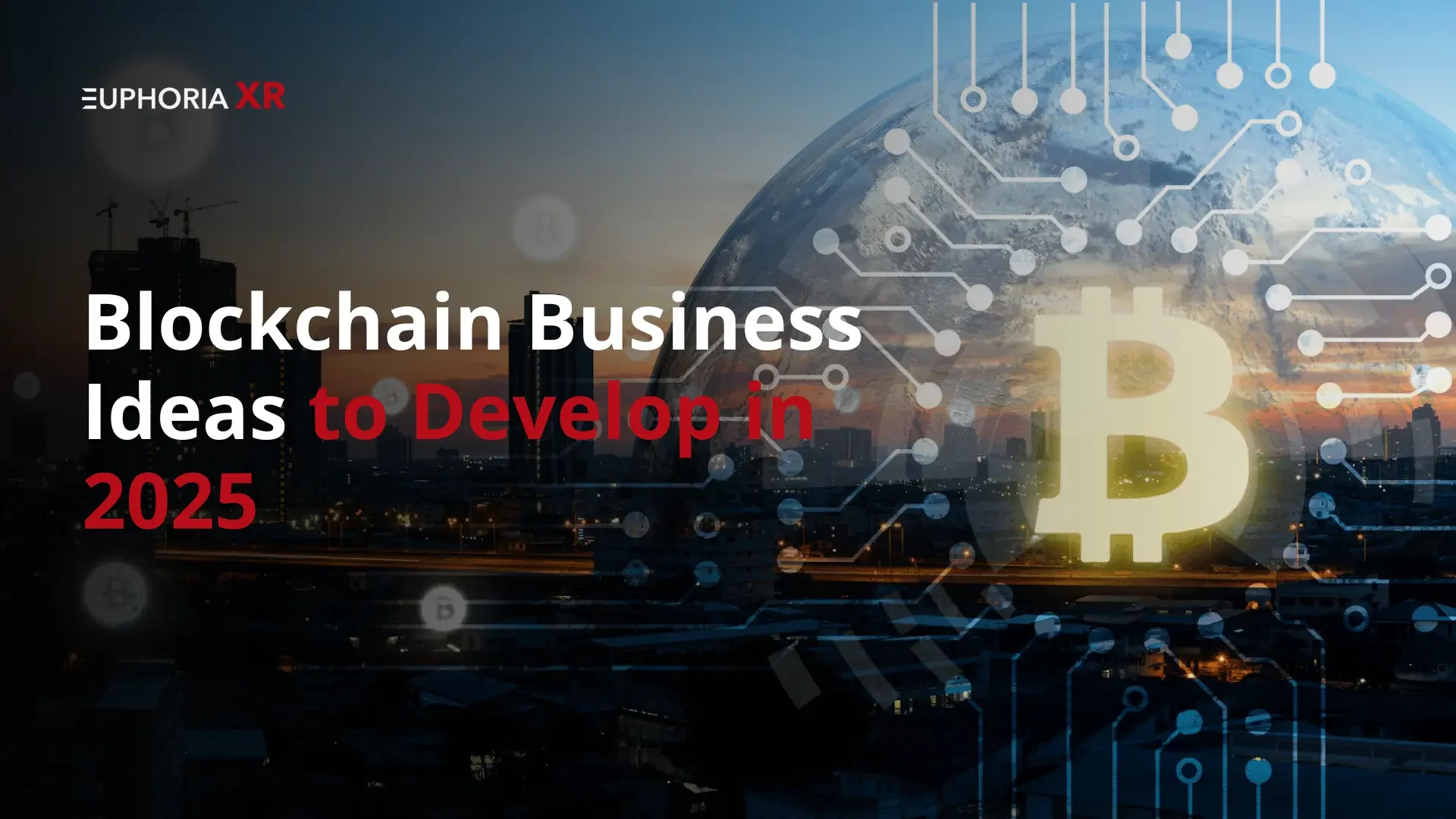


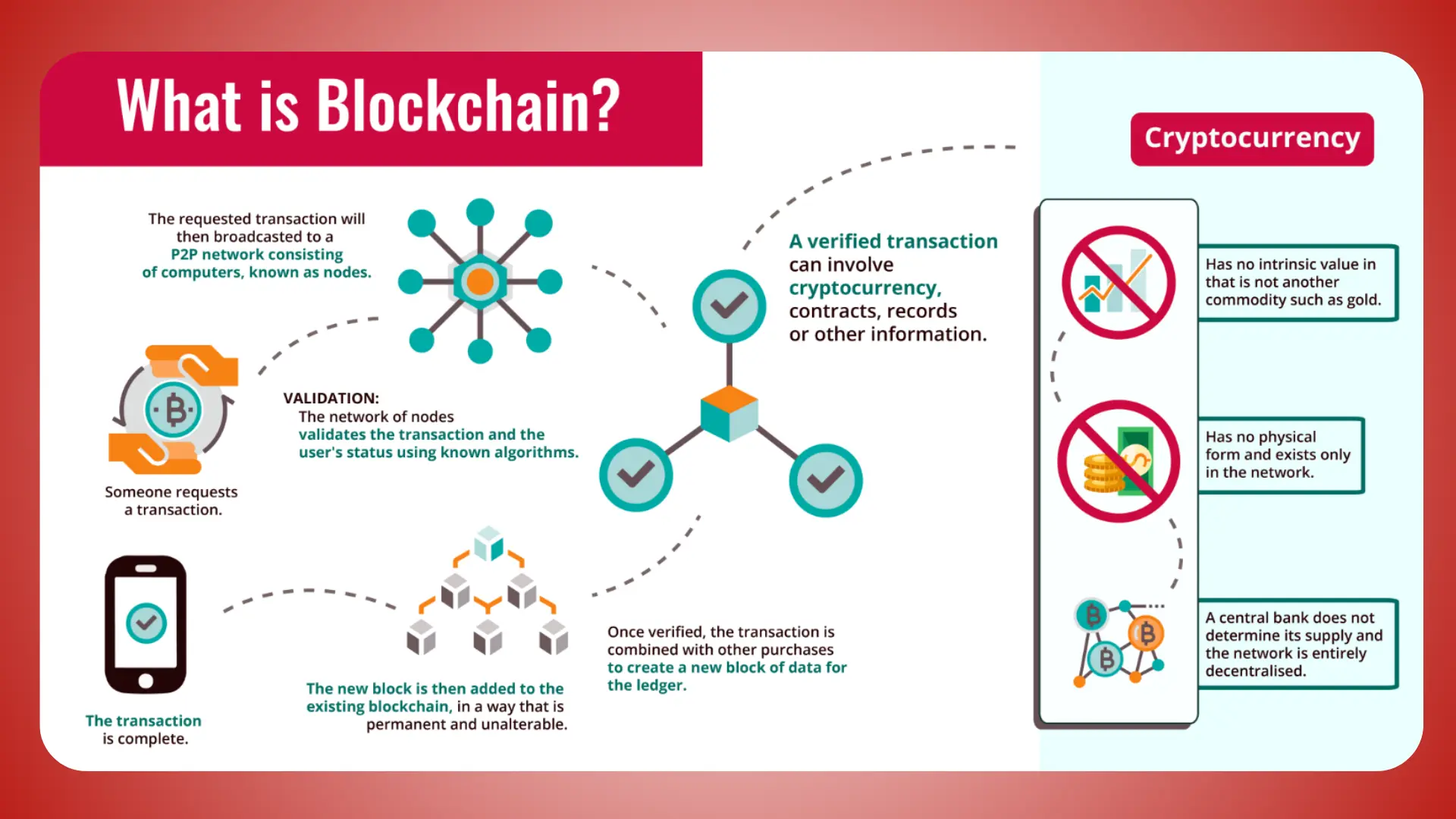
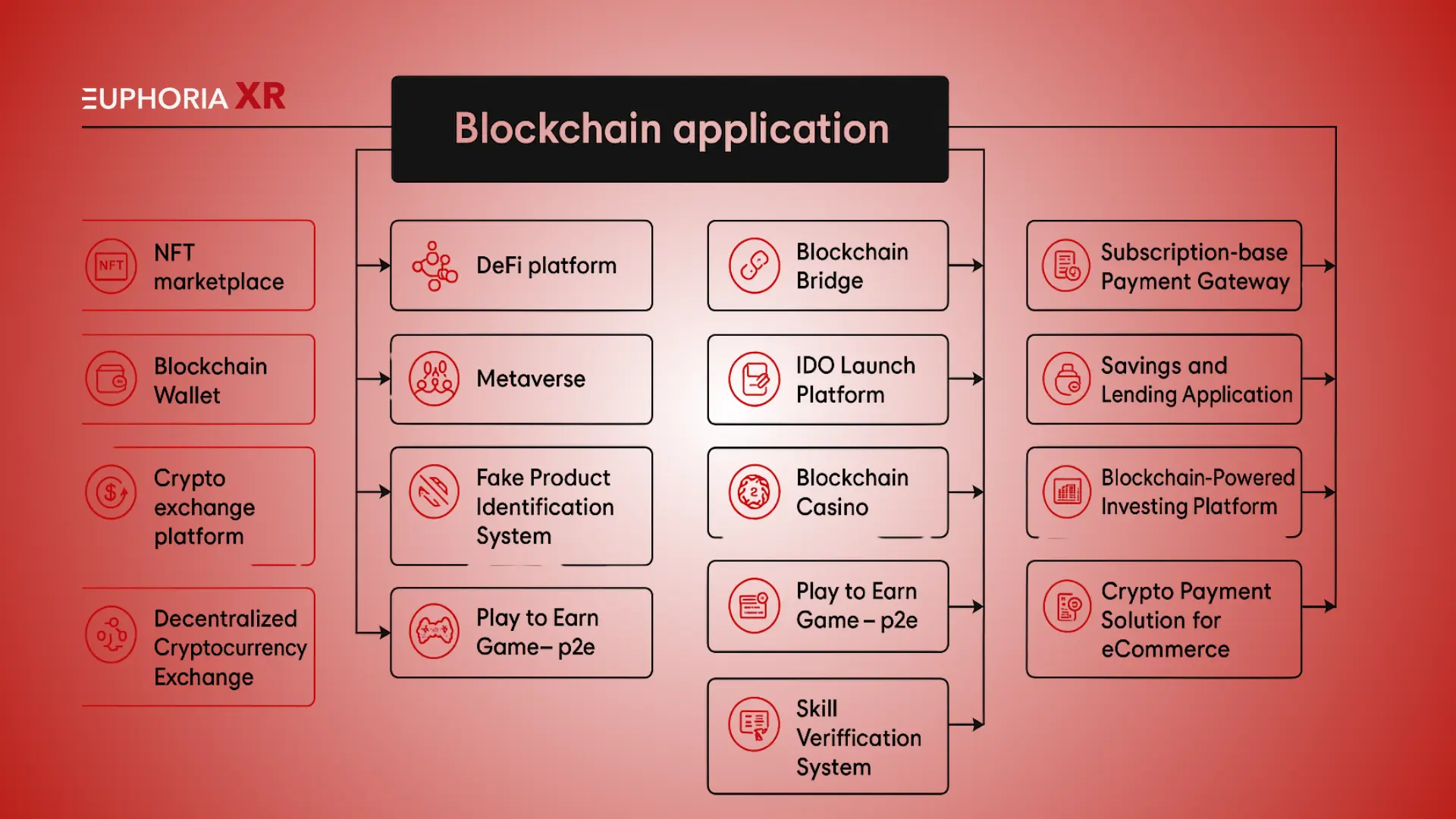

![Top 50 (CTA) Call to Action Synonyms That Drive ROI & Conversions [+ Examples] - Euphoria XR](https://euphoriaxr.com/wp-content/uploads/2026/02/Top-50-CTA-Call-to-Action-Synonyms-That-Drive-ROI-Conversions-Examples-Euphoria-XR-1024x576.webp)
